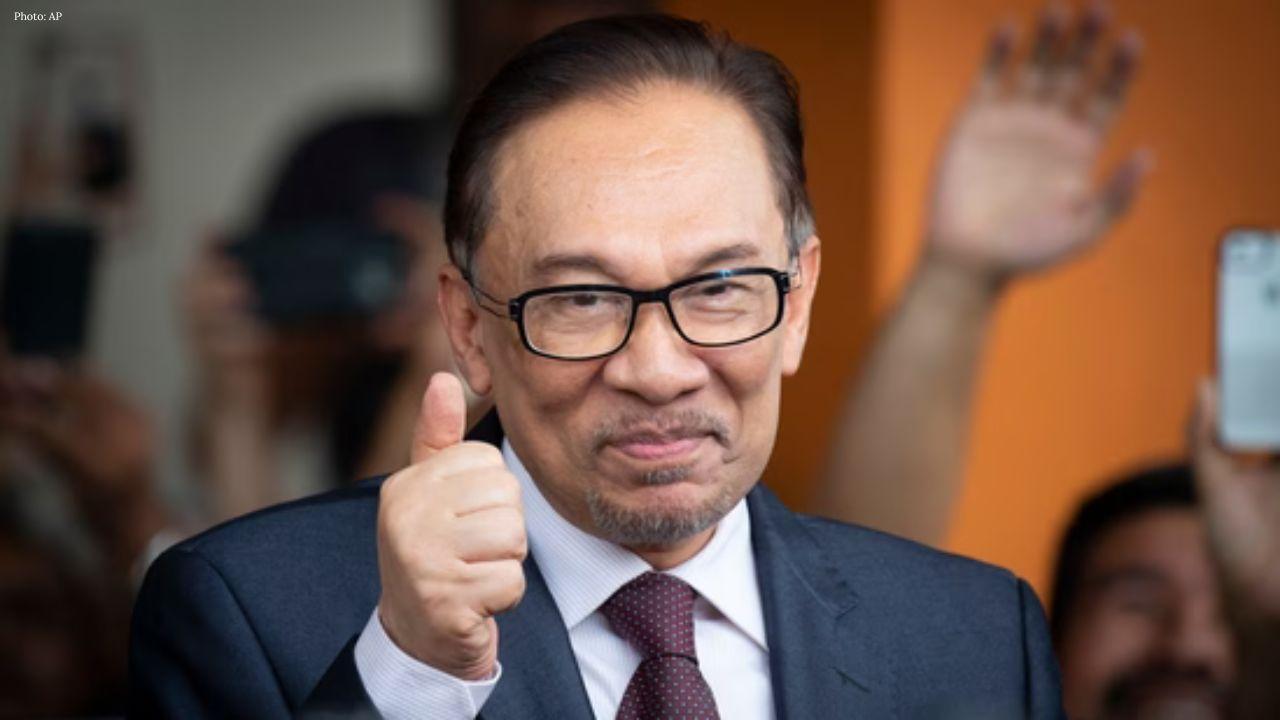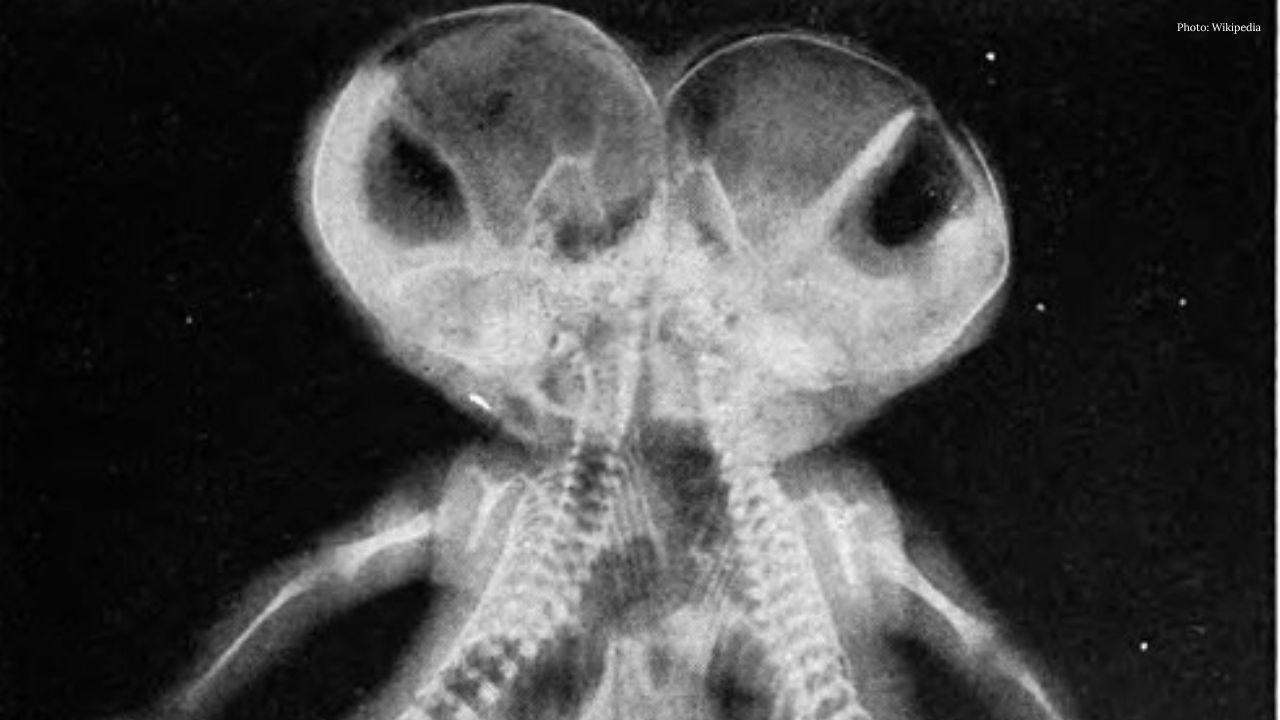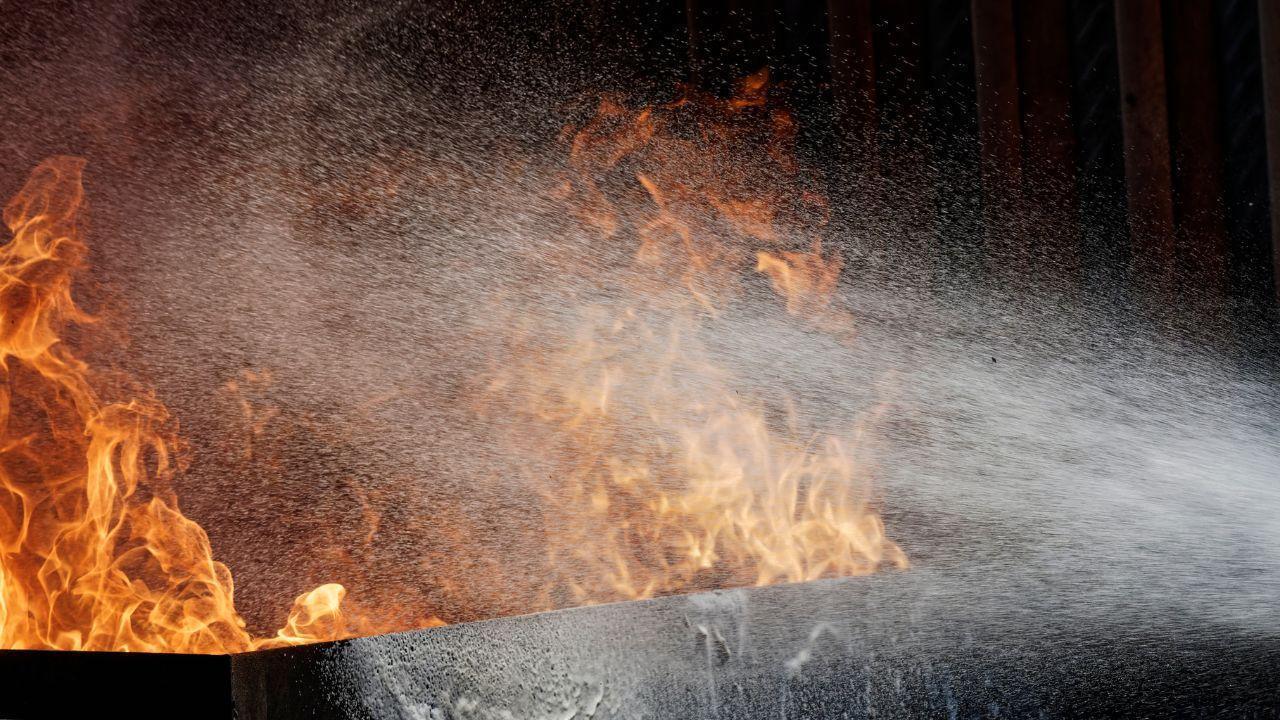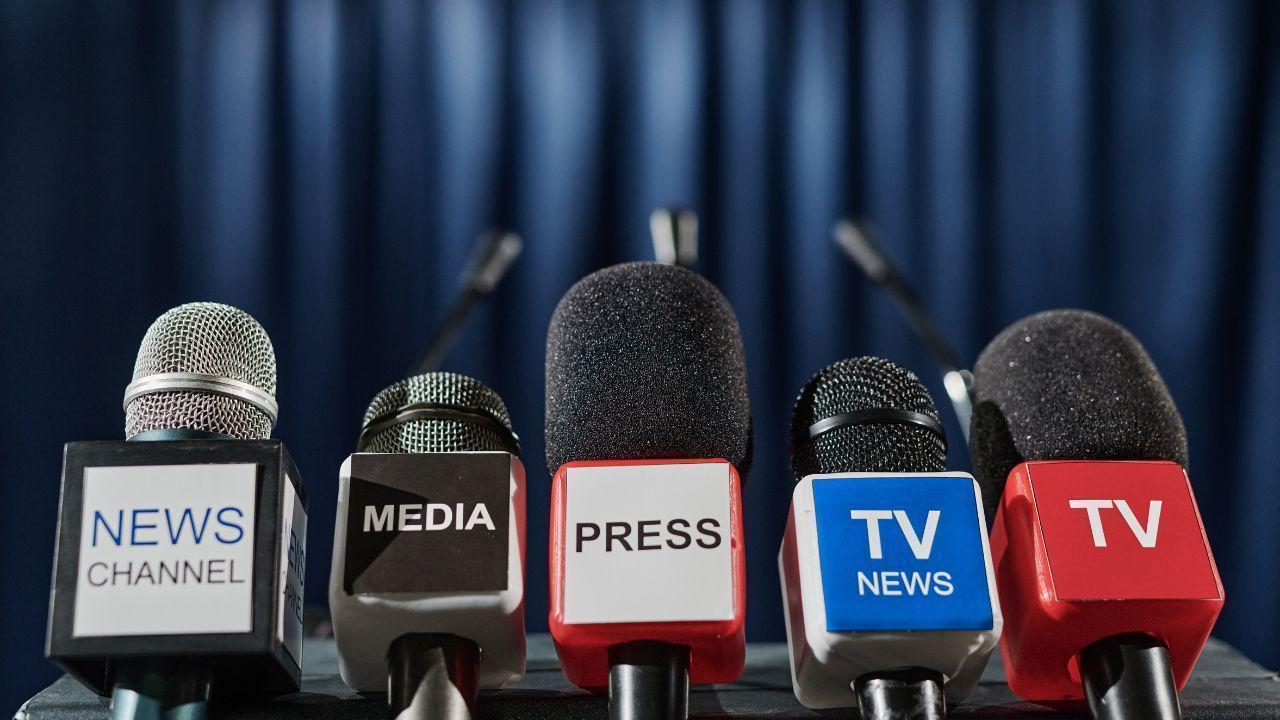You have not yet added any article to your bookmarks!

Join 10k+ people to get notified about new posts, news and tips.
Do not worry we don't spam!

Post by : Meena Ariff
Thailand has expressed readiness to repatriate 18 Cambodian prisoners of war (POWs) in line with international humanitarian standards, provided that Cambodia demonstrates tangible progress in implementing key de-escalation measures agreed upon under the recently signed Kuala Lumpur Peace Accord.
Royal Thai Army spokesperson Major General Winthai Suwaree announced on Wednesday that the repatriation process will strictly adhere to international law and humanitarian principles. He stressed that Thailand’s decision will depend on Cambodia’s sincerity in fulfilling four essential commitments — the withdrawal of heavy weapons from border areas, comprehensive mine clearance, suppression of transnational criminal activities, and cooperative management of shared border zones.
“Our assessment will be based on whether the level of hostility between the two sides has clearly decreased through the implementation of these four measures,” Winthai said during a press briefing in Bangkok.
The move comes days after Thai Prime Minister Anutin Charnvirakul and Cambodian Prime Minister Hun Manet signed the Kuala Lumpur Peace Accord on the sidelines of the 47th ASEAN Summit in Malaysia. The agreement, witnessed by Malaysian Prime Minister Datuk Seri Anwar Ibrahim and U.S. President Donald Trump, marks a major diplomatic step toward resolving long-standing border tensions between the two neighboring nations.
The accord emphasizes military de-escalation, under observation and verification by the ASEAN Observer Team (AOT). Both sides pledged to remove all heavy weaponry and destructive military equipment from sensitive border zones, ensuring their safe return to regular bases.
Winthai confirmed that the practical implementation of the peace agreement has already begun. “Both countries withdrew tanks from border areas on October 26. While symbolic, this gesture reflects the beginning of tangible progress toward peace,” he said.
The Regional Border Committee (RBC) — comprising Thailand’s Second Army Area and Cambodia’s Fourth Military Region — convened on October 28 to finalize the framework and timeline for troop adjustments and heavy weapon withdrawals. The meeting also discussed joint operations and standard operating procedures to ensure transparency and mutual trust.
Mine clearance is one of the central priorities of the peace accord. Thailand has identified 13 operational zones under the responsibility of the First Army Area, Second Army Area, and the Chanthaburi-Trat Border Defence Command. “Operations have already begun in four zones, particularly between boundary markers 42 and 47,” Winthai said.
Once these areas are cleared and declared safe, joint teams will conduct surveys to establish temporary boundary markers and verify land ownership. The cleared zones will then be handed back to local communities for safe use, restoring agricultural and livelihood opportunities lost to decades of border insecurity.
Another key component of the cooperation plan involves tackling cross-border criminal networks, including human trafficking and scam operations. The Royal Thai Police and Ministry of Interior have been assigned to lead operations in coordination with Cambodian authorities.
A Joint Task Force has been formed to share intelligence, monitor activities, and conduct joint raids against criminal organizations that exploit the porous border regions. “Both sides have exchanged target information and agreed on continuous joint monitoring,” Winthai noted.
Thailand has reaffirmed its commitment to peace but emphasized that continued cooperation will be reviewed under existing bilateral mechanisms — including the Joint Boundary Committee (JBC), General Border Committee (GBC), and Regional Border Committee (RBC).
Winthai cautioned that if Cambodia fails to demonstrate tangible results in implementing the agreed measures, the Royal Thai Army may adopt additional lawful steps to safeguard national sovereignty and regional stability. “We remain committed to international law and humanitarian standards, but our duty to protect Thailand’s territorial integrity and national interests remains paramount,” he said.
The Thai-Cambodian border has been a flashpoint for decades, with disputes occasionally escalating into armed skirmishes, particularly around ancient temple sites like Preah Vihear. Both nations have since sought to ease tensions through ASEAN-mediated dialogues, yet sporadic clashes and landmine incidents have hindered progress.
The Kuala Lumpur Peace Accord is viewed by analysts as the most comprehensive bilateral commitment since the 2011 Preah Vihear clashes. It combines diplomatic assurances with clear military and humanitarian objectives, including joint verification by ASEAN observers — a significant shift toward transparency and regional oversight.
If implemented successfully, the repatriation of the 18 Cambodian POWs will serve as a symbol of reconciliation and could pave the way for broader bilateral cooperation in trade, tourism, and border development.










Bahrain Health Minister Meets Child Psychiatry Association Leaders
Discussions focused on strengthening child and adolescent mental health services and expanding preve

Bear Attack in Gua Musang Injures Teen Forager in Forest
19‑year‑old Orang Asli forager bitten by a bear in forest near Kampung Guh, Gua Musang rushed to hos

Saudi Arabia Braces for Multi‑Day Dust Storms and Strong Winds
Saudi Arabia’s National Center of Meteorology issues Red & Orange alerts as dust storms, strong wind

Cumilla Gas Cylinder Blast Injures Four Two Critical
Family of four, including a toddler, injured in Daudkandi, Cumilla gas cylinder blast two in critica

Social Media Sparks Deadly Mob Attacks on Bangladesh’s Star and Prothom Alo
Online incitement on Facebook fueled mobs to burn Dhaka newspaper offices and cultural centres, whil

Jailed Ex‑PM Imran Khan Gets Follow‑Up Eye Treatment Stable
Pakistan’s former prime minister received second eye injection at PIMS Hospital officials say he was